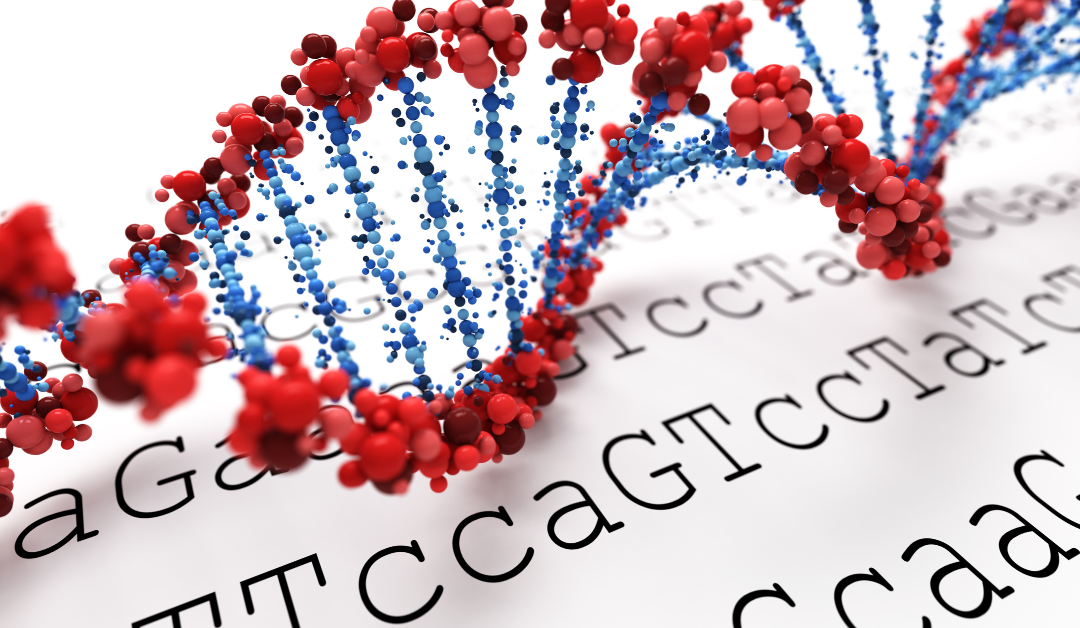Mental health is an essential component of overall health and well-being, yet it remains a taboo topic in many cultures around the world. Despite the growing awareness of mental health and the availability of treatment options, many individuals continue to suffer in silence due to the stigma surrounding mental illness.
Mental health disorders can manifest in a variety of ways, including depression, anxiety, bipolar disorder, schizophrenia, and post-traumatic stress disorder, among others. While the causes of mental health disorders are complex and multifactorial, genetics can play a significant role in their development.
Here are some genetic mental health disorders to be aware of:
- Depression: Depression has a genetic component, with research indicating that genetic factors may account for up to 40% of the risk for developing depression. Certain genes have been identified as potential contributors to depression, including those involved in neurotransmitter regulation and stress response.
- Schizophrenia: Schizophrenia is a complex mental health disorder that has a strong genetic component. Research has shown that individuals with a first-degree relative with schizophrenia have a 10% chance of developing the disorder themselves, compared to a 1% chance in the general population.
- Bipolar Disorder: Bipolar disorder also has a genetic component, with studies indicating that genetic factors may account for up to 80% of the risk for developing the disorder. Specific genes involved in the regulation of neurotransmitters such as dopamine and serotonin have been identified as potential contributors to the disorder.
- Autism Spectrum Disorder (ASD): ASD is a neurodevelopmental disorder that has a strong genetic component. Studies have identified numerous genes that may be involved in the development of ASD, including those involved in brain development and synaptic function.
- Obsessive-Compulsive Disorder (OCD): OCD has a genetic component, with research indicating that genetic factors may account for up to 50% of the risk for developing the disorder. Certain genes involved in serotonin regulation and immune system function have been identified as potential contributors to OCD.
In conclusion:
Genetics can play a significant role in the development of mental health disorders. Disorders such as depression, schizophrenia, bipolar disorder, autism spectrum disorder, and obsessive-compulsive disorder all have a strong genetic component. It’s important to be aware of these genetic factors when seeking treatment for mental health issues, as personalized treatment plans may be more effective in managing symptoms.
If you’re concerned about a potential genetic component to your mental health issues, speak to a healthcare professional to discuss genetic testing and treatment options.
Frequently Asked Questions:
Contact
New Mexico
Phone: (505) 910-4070
Fax: (505)-910-4587
Address
New Mexico: 10409 Montgomery PKWY NE #202b Albuquerque, NM 87111
Kansas: 8700 Monrovia
Suite 310
Lenexa KS 66215


